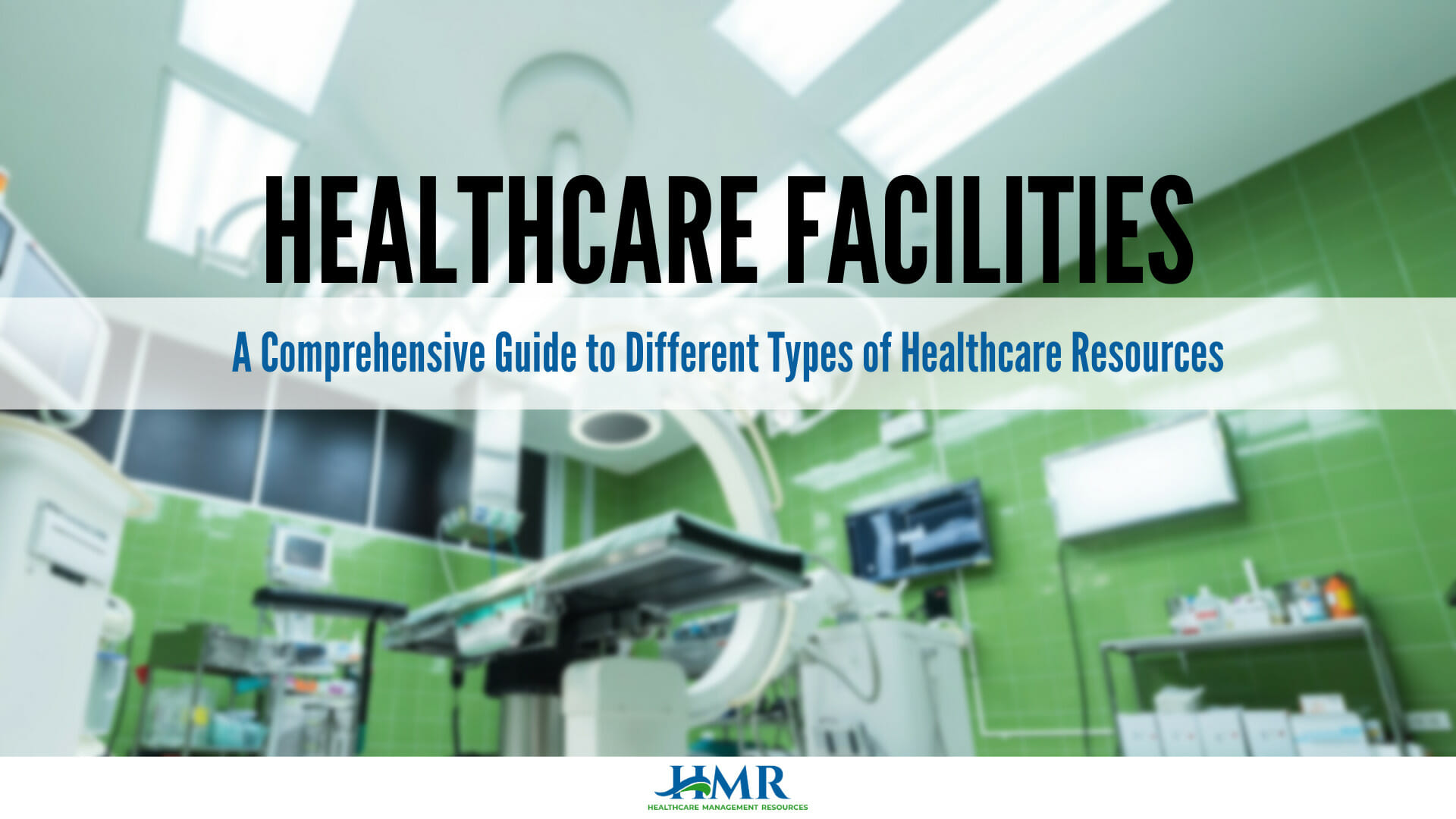Healthcare Facilities: A Comprehensive Guide to Different Types of Healthcare Resources

Access to complete healthcare resources is essential for maintaining and improving the well-being of individuals and communities. The healthcare landscape is vast and encompasses a wide range of facilities and services. In this comprehensive guide, we will explore the different types of healthcare resources available to ensure complete and holistic care for everyone.
Hospitals
Hospitals are the cornerstone of healthcare facilities, providing a broad spectrum of medical services. They are equipped with advanced technology, specialized departments, and a wide range of healthcare professionals. Hospitals offer emergency care, surgery, diagnostics, inpatient and outpatient services, and specialized treatments for various medical conditions. They serve as the primary referral centers for complex cases, ensuring comprehensive care for patients.
Primary Care Centers
Primary care centers play a crucial role in maintaining overall health and well-being. These facilities are often the first point of contact for individuals seeking medical assistance. Primary care physicians and healthcare professionals provide preventive care, routine check-ups, vaccinations, and manage common illnesses. They also coordinate referrals to specialized care when needed. Primary care centers focus on promoting health, preventing diseases, and managing chronic conditions.
Specialized Clinics
Specialized clinics cater to specific medical disciplines or conditions. These clinics concentrate their resources, expertise, and equipment on a particular area of healthcare. Examples include cardiology clinics, orthopedic clinics, dermatology clinics, and reproductive health clinics. Specialized clinics offer targeted evaluations, treatments, and follow-up care related to their specific field of expertise, ensuring comprehensive care for patients with specific health concerns.
Diagnostic and Imaging Centers
Diagnostic and imaging centers play a vital role in diagnosing and monitoring medical conditions. These facilities are equipped with state-of-the-art equipment such as X-ray machines, CT scanners, MRI machines, and laboratories for conducting various tests. Diagnostic centers provide services like blood tests, radiology imaging, pathology, and other diagnostic procedures. Accurate and timely diagnostics are essential for effective treatment planning and monitoring patient progress.
Rehabilitation Centers
Rehabilitation centers focus on the recovery and rehabilitation of individuals with physical, cognitive, or sensory impairments. These facilities provide comprehensive therapy services, including physical therapy, occupational therapy, speech therapy, and rehabilitation programs tailored to specific conditions. Rehabilitation centers aim to restore functionality, improve quality of life, and help patients regain independence and reintegrate into society.
Long-Term Care Facilities
Long-term care facilities cater to individuals who require extended care and assistance due to chronic illnesses, disabilities, or advanced age. These facilities include nursing homes, assisted living facilities, and hospices. Long-term care facilities provide skilled nursing care, personal assistance with daily activities, medication management, and emotional support. They ensure the well-being and comfort of individuals who require ongoing support beyond what can be provided at home.
Mental Health Centers
Mental health centers focus on promoting mental well-being and providing care for individuals with mental health conditions. These centers offer counseling, therapy, psychiatric evaluations, and medication management for mental illnesses. They play a crucial role in addressing conditions such as depression, anxiety, bipolar disorder, and substance abuse. Mental health centers aim to reduce stigma, provide early intervention, and improve the overall mental health of individuals.
Final Thoughts
Access to complete healthcare resources is vital for individuals to receive comprehensive and holistic care. By understanding the different types of healthcare facilities available, individuals can navigate the healthcare system more effectively and make informed decisions about their health. Whether it’s hospitals, primary care centers, specialized clinics, diagnostic and imaging centers, rehabilitation facilities, long-term care facilities, or mental health centers, each plays a vital role in promoting well-being and addressing the diverse healthcare needs of individuals and communities.
